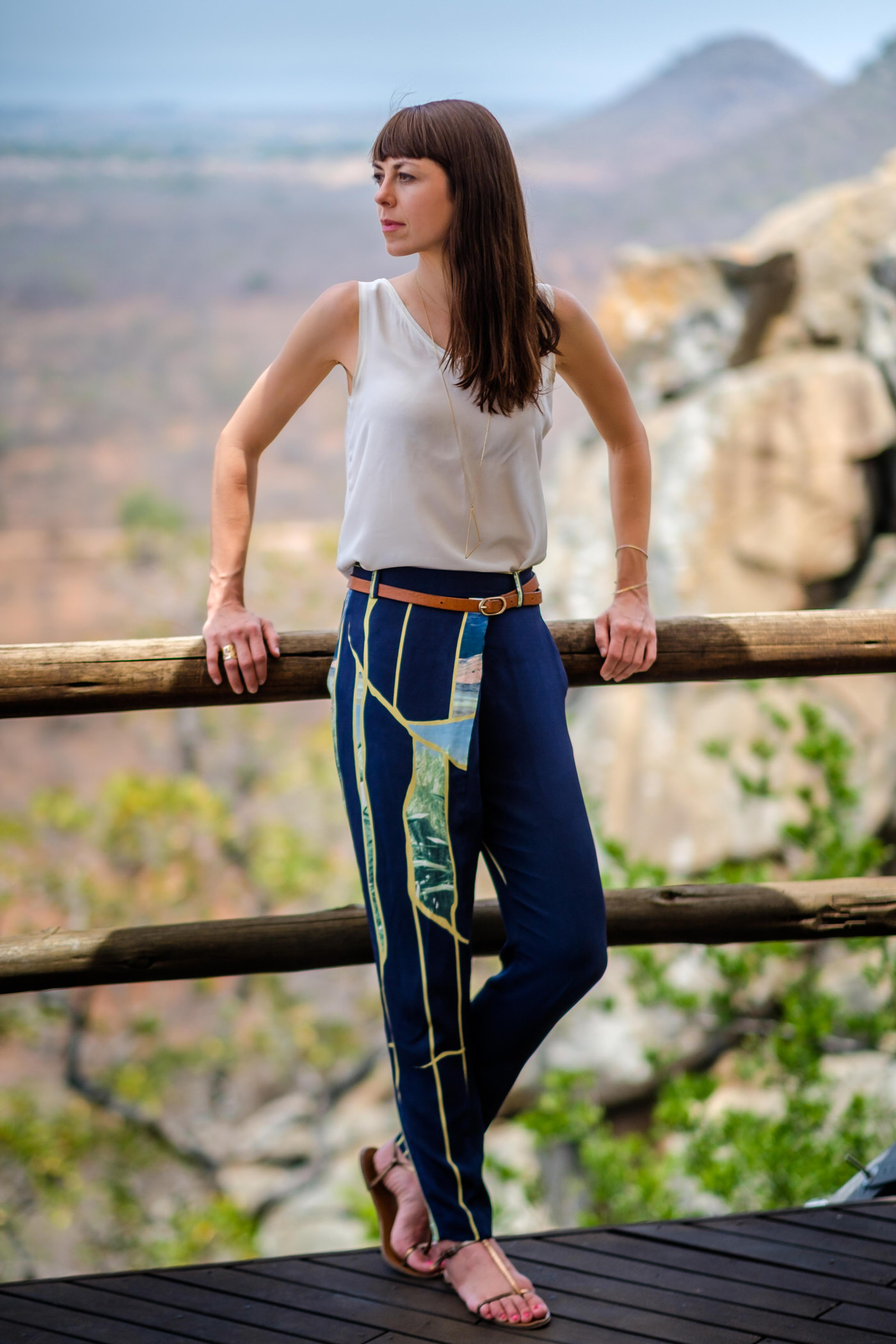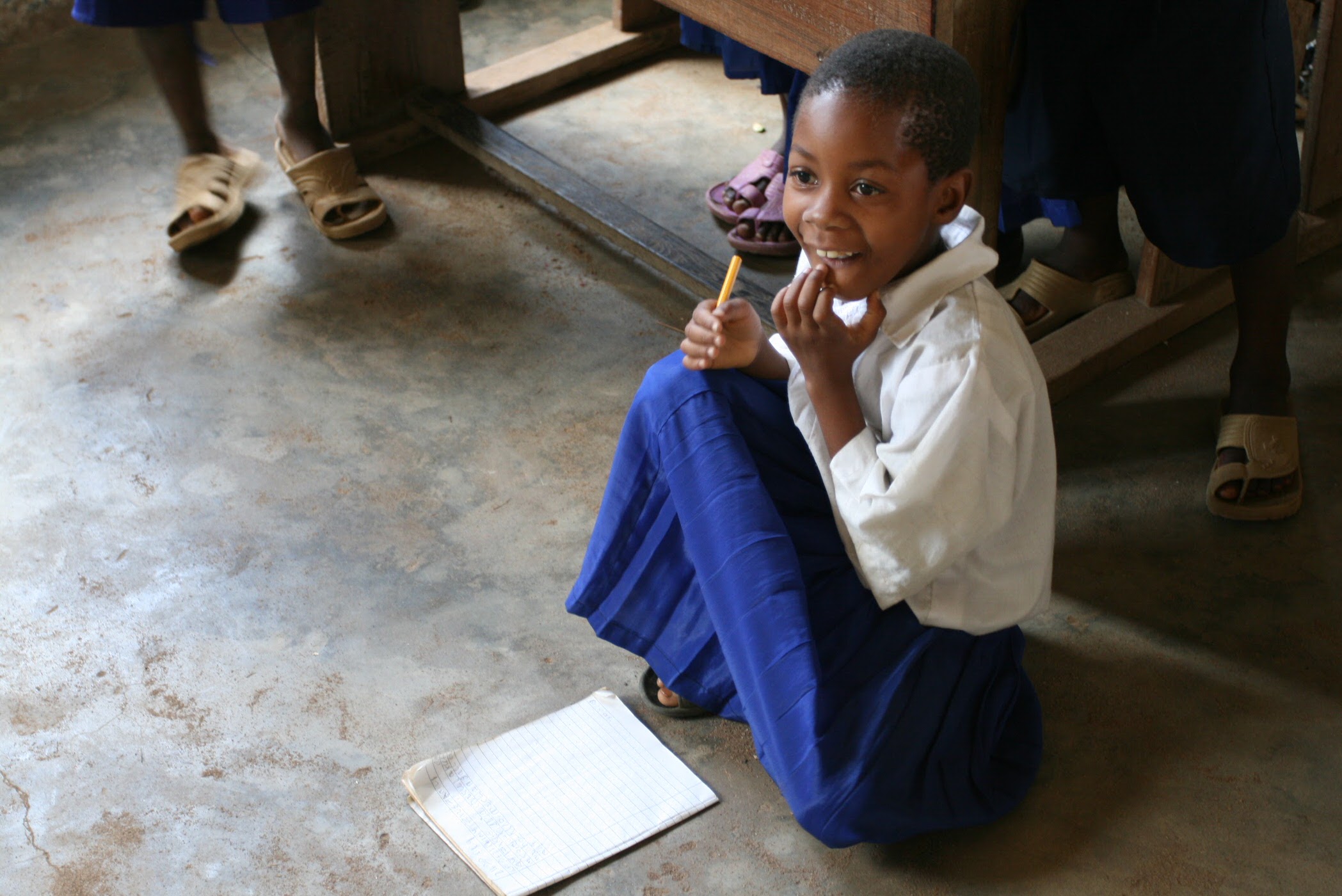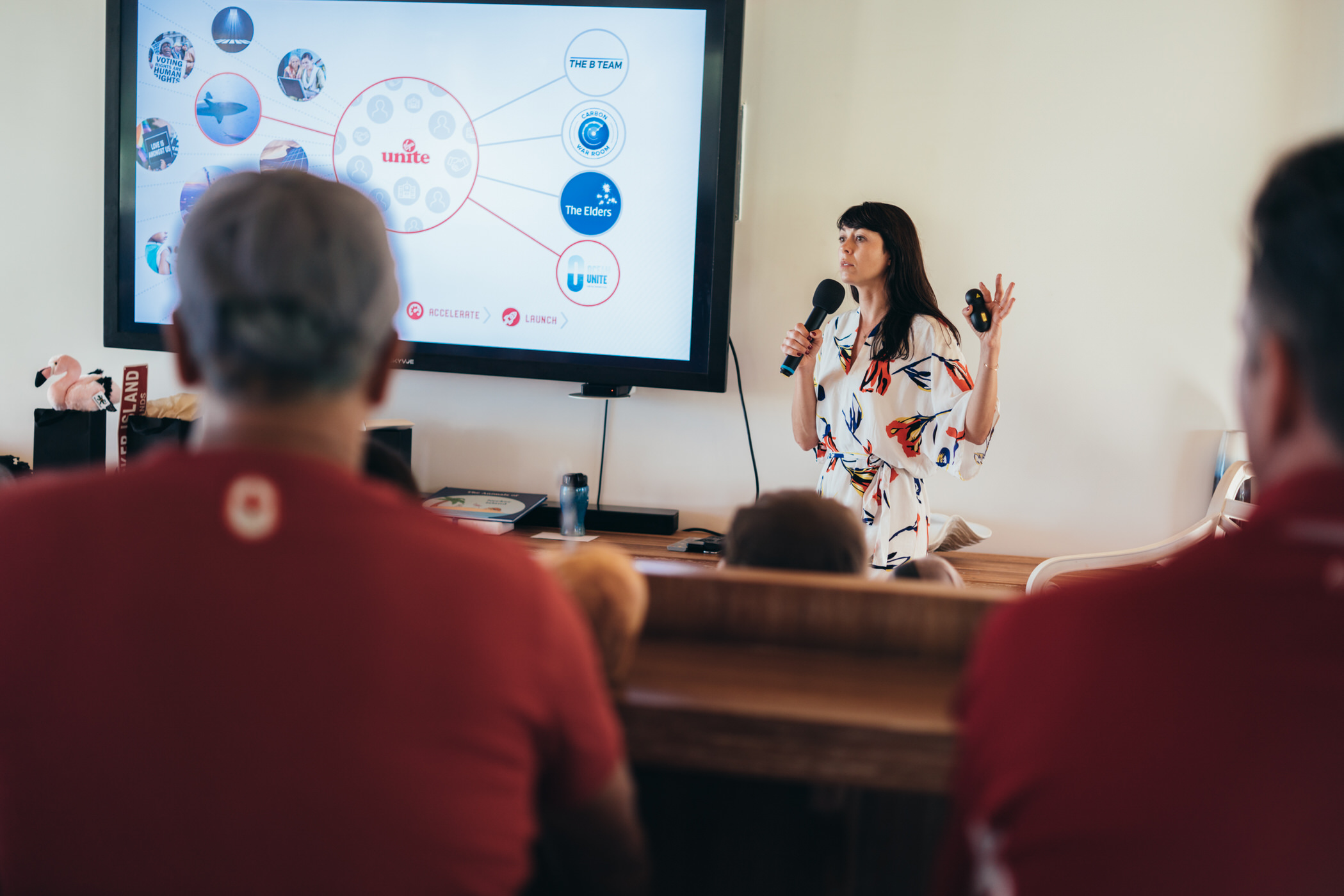As you may have seen, we recently launched a new, 12-month award series called the “Do-Good Dozen” to honor women who are using their unique skills to create true change for good, all in different work spheres. We use the phrase “do-good” a lot here at Yellow, but it looks different for everyone! You don’t have to move across the country, you don’t even need to found a company. You can do good wherever you’re at, and we want to highlight trail-blazing women who have shown up to do just that. Our hope is to shed light on the many, many ways that “good” is needed and expressed in the world – in work and in life.
We’re thrilled to announce our February winner of the Do-Good Dozen, Katie Hunt-Morr, the Director of Community at Virgin Unite! Katie has been helping make huge waves of change not only through her work in corporate impact, but also through the non-profit she founded to break the cycle of poverty in Tanzania through education. Hear more about her amazing work, what she wants to see more of in the corporate sphere, and who she’s currently inspired by in our interview with her below!
Tell us a bit about the work you do, and your journey to get there!
We’re building a community at Virgin Unite that works to displace traditional philanthropy by connecting brilliant, passionate people with innovative non-profit leaders. We’re lucky to work across all kinds of causes from climate change to criminal justice, in every corner of the world. Even more so, we have the privilege of partnering with frontline leaders revolutionizing their fields.
At Jiamini we provide bright kids, likely to be left behind by poverty, with the opportunity to shape their futures. We work with each student individually to set up a support system specifically for her or his unique needs. If a student is living with HIV, she may need health advocacy and extra nutrition; a student with learning difficulties might be best for a vocational apprenticeship; students living with elderly grandparents might need extra food at home, and so on. Our individual support approach meets each of the 105 kids we currently support exactly where they are, and gives them tools to build their own success. This opportunity ripples throughout the community as our students go on to have careers and support their younger relatives through school.

What has working in corporate impact strategy shown you about our ability to make a difference in the world?
I truly believe that businesses are the key to solving humanity’s biggest problems.
Corporations can move faster than government and with infinitely more resources than the non-profit sector. It’s been incredible to watch, and support, the rise of social enterprises over the course of my career. Most new entrepreneurs are thinking about their impact – both positive and negative – from their company’s genesis. By making a triple bottom line their measurement of success from day one, they have incredible potential to have a positive impact, attract customers, and shift competitors. I love seeing businesses taking social enterprise thinking to a larger scale, seeking not just to be net-neutral and make a profit, but to make a profit addressing some of the world’s most intractable problems.
You founded a non-profit outside of your “day job” that has been running for 11 years now! What moved you to start this organization?
I went to visit a friend serving in Peace Corps in rural Tanzania, with no intention of starting an organization. I met two of the kids she was close to in her neighborhood - really sweet, smart kids who were going to have to drop out of school because they couldn’t pay the public school fees. We went to their local school and asked how much it would cost to keep them enrolled. I was prepared to pool money from my friends and family to make it happen. It turned out keeping them in school was going to be less than $35 – and adding new uniforms, detergent, and school supplies was under $75. I was shocked. We worked with the school to identify ten more kids who needed support and I went home to find ten people to give me $75. We didn’t plan on building a non-profit, but when it was so clear how many lives we could change, the choice was obvious.
It’s still crazy to me that an amount less than many people spend on their morning coffee can be the difference between kids ending their education or reaching their full potential.

Did you have any hesitations about being able to put time into it outside of your other work? How were you able to move past those doubts and move forward?
Not at the time, but as my career has grown finding time for Jiamini’s needs has become harder and harder. But – I know that every hour I invest is giving kids the opportunity they deserve, so you just make the time.
What company, brand, or individual are you currently inspired by? Why?
Paul Hawken has been a huge source of inspiration throughout my career - and has since become a friend. His latest work, Project Drawdown, has laid out an empirical roadmap for humanity to reverse climate change. It’s brilliant. The most exciting finding - educating and empowering women and girls is the #1 solution to climate change, by gigaton of warming gas. It’s also the easiest and cheapest.
What has it meant to you to bring purpose into your work?
Working in corporate impact has never felt like a choice to me. You see all of these broken parts of humanity, including how we treat each other and the planet, and someone offers to pay you to use business, our most powerful tool, to start fixing them. It’s an incredible opportunity.
Has that evolved over time?
My feelings about working in corporate impact haven’t evolved, but the sector has moved tremendously since I started.
Businesses are willing to invest in driving large-scale change and putting incredible minds and resources toward driving impact.
Every day it gets more exciting to be a small part of the growing movement.

What do you want to see more of in the corporate sphere?
Courage to step away from quarterly returns to make long-term investments in sustainability. Some amazing companies have sacrificed immediate returns to significantly change their operations, because it’s right - even if it isn’t popular. Market pressures are more flexible than I think a lot of companies realize.
What’s one of the most important lessons you’ve learned as part of a team and a founder?
It took me a long time to learn that investing in the health of a team is the most important part of the job.
The dynamic between teammates can bring out the absolute best possibilities or block the true potential of their work.
Every person needs to feel valued and clear on their role within the team. People are fragile, and it’s important to fine tune the dynamic of the group of individuals coming together to work each day.
-1.jpg)
How can we get involved in the incredible work you’re doing with Virgin Unite, and with your non-profit, Jiamini?
We dream of scaling the work Virgin Unite does behind the scenes by inspiring people to do what they can in their own lives and global communities. Follow Virgin Unite to take inspiration from the frontline leaders we work with.
What we need most at Jiamini is sponsors for our students. Each person who steps up as a sponsor givens a brilliant kid the opportunity to build their best possible future. Details are here. We also have some incredible partnerships with small businesses. Our size lets us get creative with partners and co-develop programs and messaging for their clients – email me to collaborate. Donations are massively helpful for us. We can make a huge difference in our students’ lives for less than the cost of a latté. You can donate here. The rest of the directors and I work as volunteers, so 100% of donations go directly to supporting our students and programs on the ground.
Illustration by Hanna Snyder for Yellow Co., Photos courtesy of Katie Hunt-Morr
.jpg?w=1200&fit=crop)